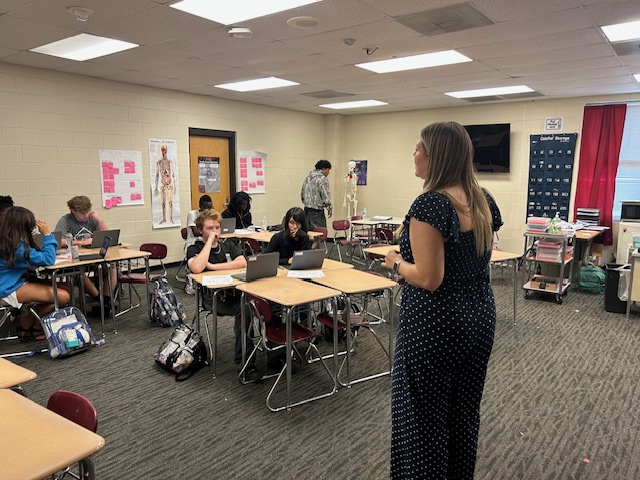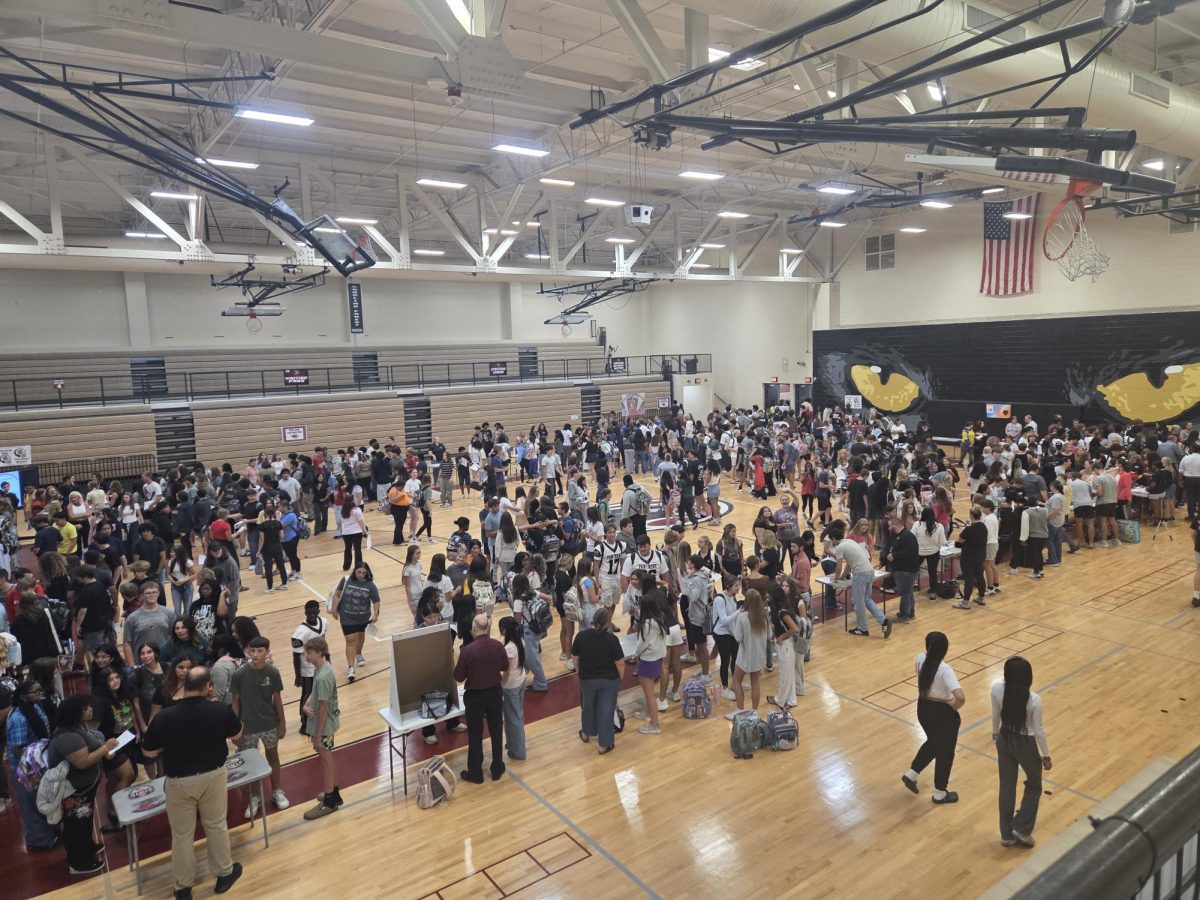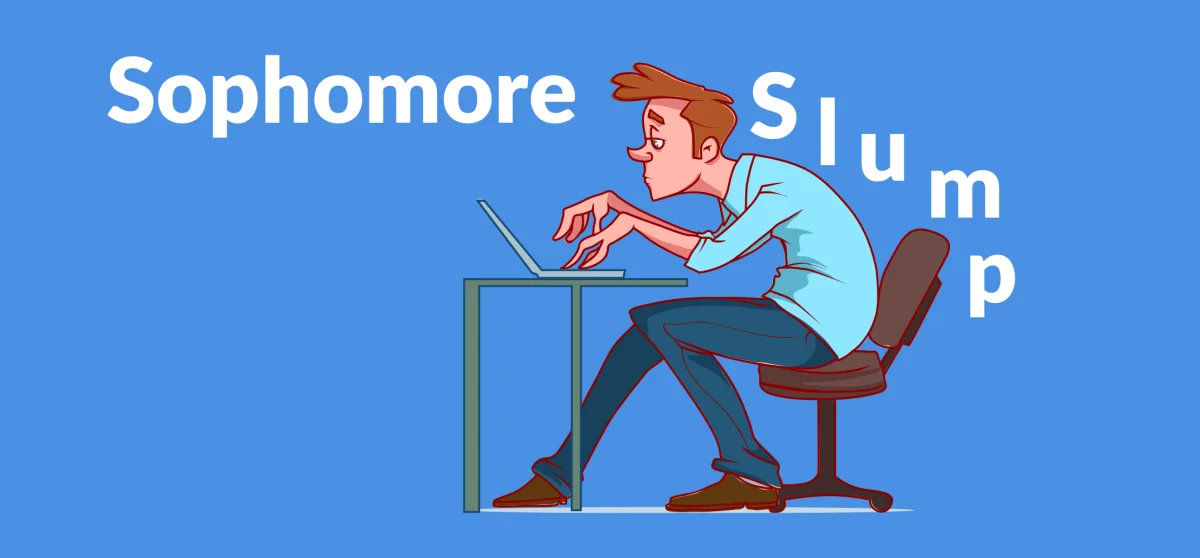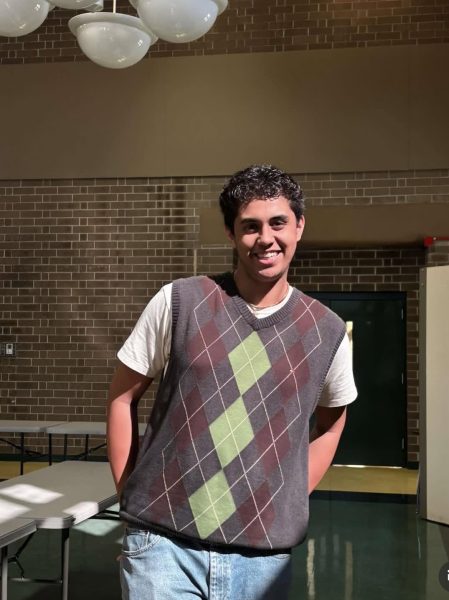Social media and technology are very important in the lives of people today. They help us communicate, express their ideas and learn new things faster. These platforms and gadgets are not just for people to have fun. They also help friends stay connected and find information quickly. As young people grow up, however, social media and technology can affect their mental health, social skills and learning functions.
Young people are heavily influenced by social media and technology. According to a 2023 Common Sense Media study, teens spend an average of 4-9 hours a day on screens for entertainment, which can affect their sleep and mental health. These statistics highlight the significant role that technology and social media play in the young lives of young people today.
Sophomore Isabella Seasor averages daily six or seven hours of screen-time.
“I think that social media is a fun way to relax and get updated on current events, but it also becomes damaging to your mental health and overall well being when it is used constantly,” Seasor shares.
Social media serves as both a relaxing escape and a quick way to information. The excessive use of it can have bad outcomes. This is more concerning for younger generations who are often exposed to content that encourages them to act in more mature behaviors and lifestyles.
“Most younger kids follow influencers that are much older than them. Younger children see that and think the way these influences act is the norm and may try to act more mature and more ‘adult’ to replicate them. i.e buying make-up, wearing heels and asking their parents for the latest iPhone, etc.,” adds Naomi Jimenez, a freshman.
Social media and technology have revolutionized society over the past 50 years, offering both unprecedented opportunities and complex challenges. These platforms have made it easier than ever to connect with friends and family, regardless of location, while also giving access to a wealth of information and diverse communities. This digital transformation has stimulated creativity, allowed social movements, and expanded access to education and healthcare. However, it has also introduced concerns about privacy, the spread of misinformation, and the digital divide, highlighting the need to carefully navigate the benefits and potential pitfalls of our connected world
Aaron Knapic, one of our social media teachers, has been teaching for 11 years.
“I started teaching after social media was a thing. So I feel like throughout my teaching career I’ve seen technology distracting students and causing drama. I believe the biggest side effect of social media on teenagers is their inability to focus for longer periods of time; however, technology has made it easier for people to get information about anything,” shares Knapic.
When we think about how much time teens spend on screens, it’s a big deal to find a good balance with the real world. It is necessary to show them how to use social media in a way that’s good and healthy, so they still have time to hang out with friends, play outside, and just enjoy life without screens. It’s all about finding that middle ground where technology helps them learn and grow but doesn’t take over everything else. If we can do that, we’re setting them up to be smart, healthy, and happy in a world that’s always changing.





































